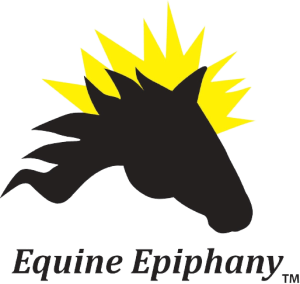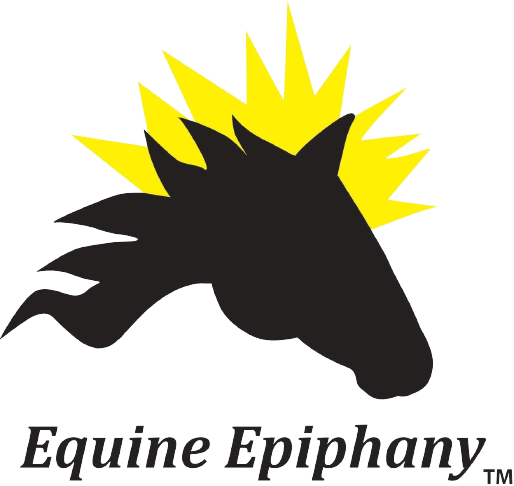Blog
The KEYS:
Creativity , Knowledge/Information, Take Care of The Inner Horse
- Don’t just put the halter on him; feel what it feels like. Is he putting his head in there eagerly, or is he braced against you, or shut down and non-reactive? If you can make the haltering/grooming/bridling/saddling experience as important as the things you want to go have fun with or train for, your horse will give you more.
- Don’t push it. You need to notice when your horse is reluctant to do something and figure out if it is a confidence issue or a lack of trust in your leadership. Most people just increase the pressure until the horse does it. You can torture your horse with Phase 1 because you are still coaxing him forward when you actually need to back off. Right-Brain horses lose their confidence easily, and Left-Brain horses are always challenging the validity of your leadership. When you treat the reluctance or resistance properly, the relationship improves, and pretty soon your horse becomes more calm and willing. If you don’t do this, things get progressively worse until one day you are fed up with being frustrated or your horse blows up.
- Give him what he needs right now. The moment he gets upset, calm him. If he gets tense and loses trust, back off, relax and reassure him. If he loses motivation, get it back. If he is naughty, play with him until he can concentrate again. This is taking care of the inner horse.
Gain rapport by:
- Being appropriate for his Horsenality™. If your horse needs to think before he can move his feet, you need to give him the time to think(Introvert). If he needs to move and play before he can think, you have to encourage his activity (Ex- trovert). If your horse is unconfident, then coaxing him to do it, no matter how gently, is distressing. And if he is confident, then being conservative or tentative will frustrate him or make him dull.
- Knowing what is important to your horse, what makes him tick. Right-Brain Extroverts need to feel safe. Right-Brain Introverts need to feel confident. Left-Brain Introverts need mental connection. Left-Brain Extroverts need to be physical.
Help him to feel safe by:
- Retreating when he’s scared.
- Being a confident and considerate leader.
- Respecting thresholds (see Fear article).
- Making his fear more important than anything else and doing what it takes to get him calm.
Gain trust and confidence by:
- Not pushing or forcing your horse. No matter how gently you encourage, you are pushing a reluctant horse whose mind or heart is not in it.
- Giving him choices and allowing him to make decisions.
- Retreating whenever he loses confidence, no matter how subtly.
- Not tricking him (halter behind back, luring or bribing with treats, etc.)
- Repeating things until your horse is relaxed and confident.
- Being consistent.
Get mental connection by:
- Realizing it is a game. Don’t get frustrated or impatient, or you’ll lose his respect. Remember the saying “How interesting!” You’ll use this a lot.
- Doing the opposite of what he expects. Humans can be so predictable!
- Being subtler. When your horse gets you to move more than he does, you’re losing the game!
- Not repeating things over and over and over. Left-Brain horses are fast learners.
- Enjoying the challenge. Mental connection leads to motivation.
Get physical connection by:
- Encouraging your horse to use his energy.
- Giving him constructive things to do with it (Patterns).
- Being progressive.

